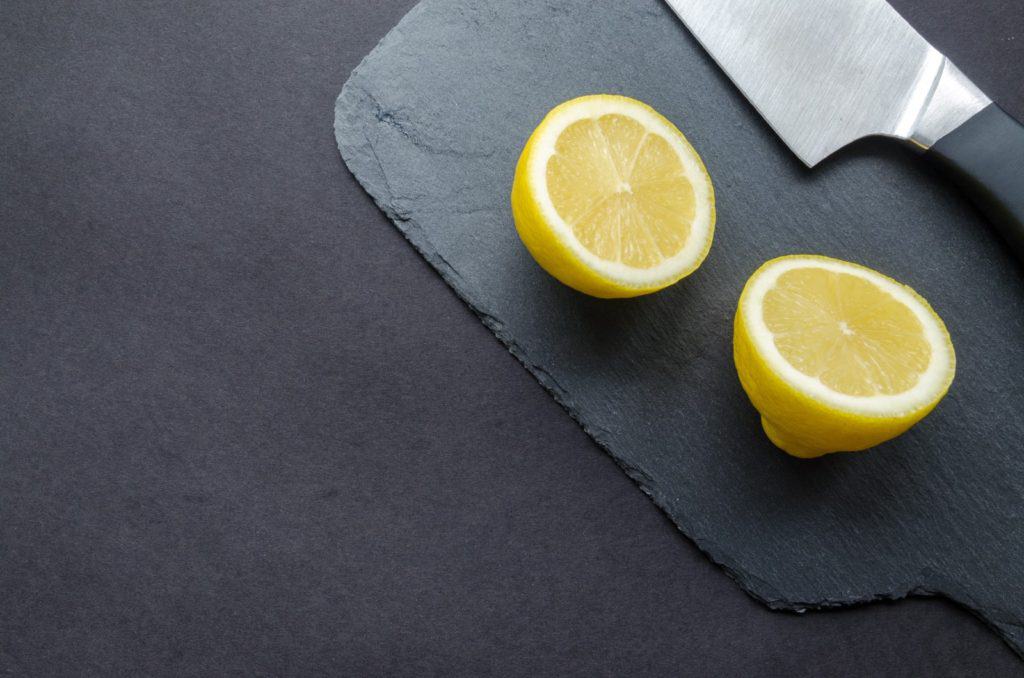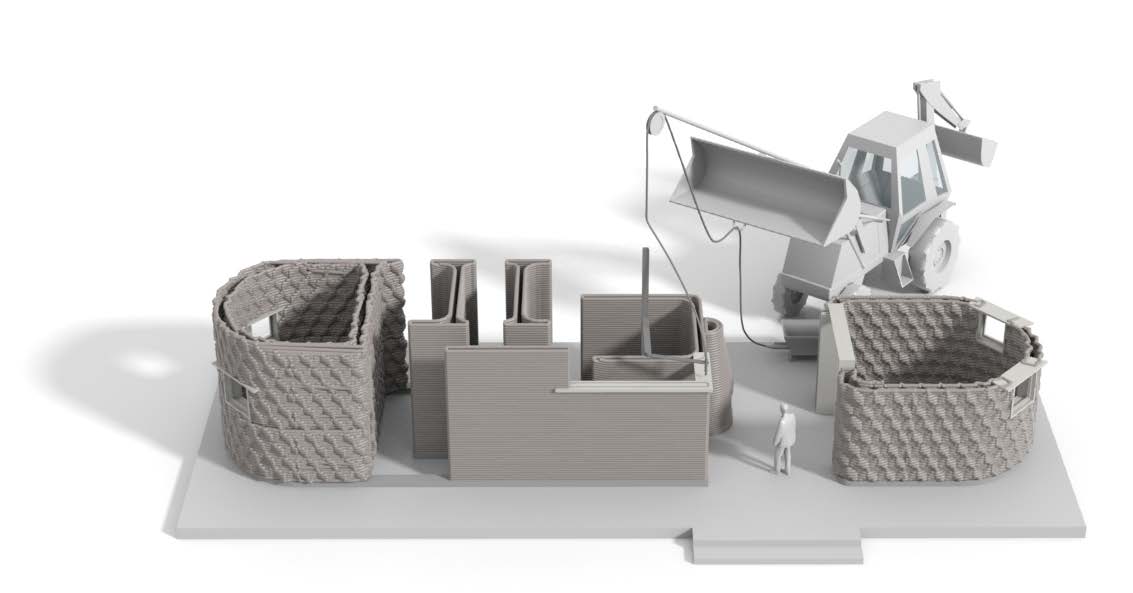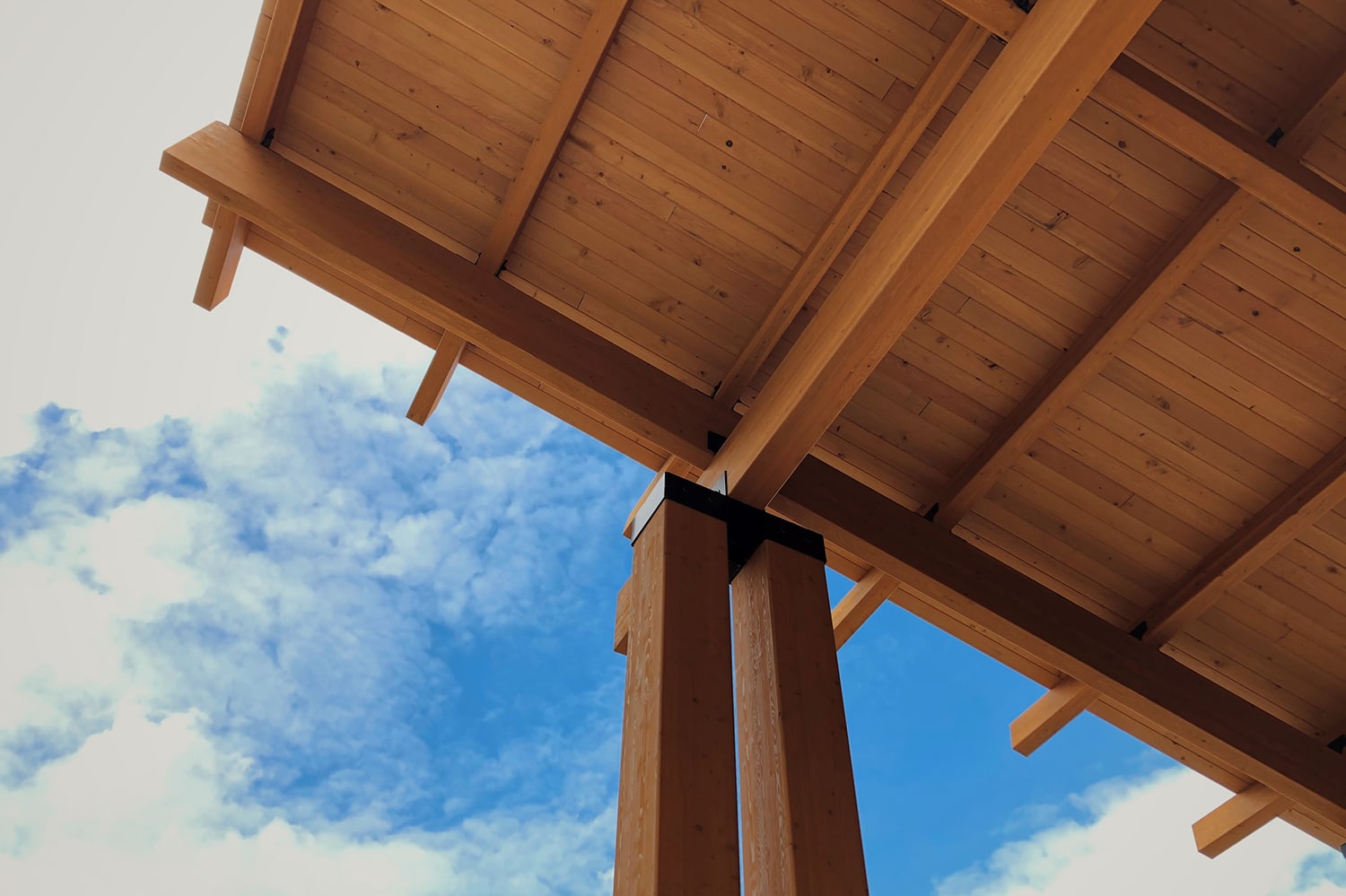[Originally published April 15 2020 in the Boutique Lifestyle Leaders Association journal.]
As we’ve now learned, “recovery” from the Covid shutdowns is a matter of fits and starts.
Conditions will vary by country, region, and even city, but its elements look likely to be:
- Continued social distancing (stores and restaurants opening but with drastically reduced occupancy), limits on gatherings, continued quarantining of the medically compromised, and testing that ramps up, once we have a reliable test.
- For travel, as it was post-9/11 and SARS, the focus will likely be on local/regional trips, with international travel being particularly hard-hit.
- Mask wearing as a new social practice (already the norm in Asia)
- Lockdowns that go back into place when there are flareups, most likely this fall.
- Widespread vaccine deployment probably won’t be available until 2021.
What we don’t really know is whether leisure or business travelers will lead the recovery. But what we do know is that:
- Many guests will likely be skittish, scarred by months of bad news. They’ll traverse an arc from acute, fresh fears to residual fears which will be shaped by the path of the virus and medical developments in terms of testing, treatment, and vaccines;
- There will be some combination of a life-affirming desire to travel and re-engage, but also significant worries about social contact: behavioral studies indicate that we should expect many to engage in avoidance behaviors for periods ranging from a few weeks to an extended period of time (many months);
- All will be desperately in need of some TLC, novelty, and reassurance.
Boutiques have a great shot at being the winners through this period — and gaining longer-term loyalty. After all, their core traits of nimbleness, intimacy, personality, and their reputation for higher-touch personalized service should stand them in good stead. In fact, they need to double down on those traits to thrive in this new age of uncertainty — while upping their moxie.
Boutique hotelier mindsets will also need to shift in terms of emphasis. Instead of discovery, freshness, fantasy, cutting edge experiences, and so many of the things that boutique hotels have made their name for, boutiques will need to re-focus on a core proposition: building trust, and keeping and making their guests feel safe after a trauma, and providing service that’ll make guests happy to be leaving their safe, secure nests. And it’s going to take more than a single great meal, beautifully designed room, or wonderful concierge interaction to make that happen.
None of it feels glamorous or soul enlivening, or particularly compelling. Many of the stock physical responses — renewed emphasis on housekeeping, potential testing of people coming into the hotel, more touchless technology, and a focus on easier-to-clean surfaces, etc. feel distinctly humdrum and even antithetical to the vibe of a boutique hotel.
It doesn’t have to be that way.
Yes, safety will need to be an ongoing concern — as it should. But when you break it down, many of the things that make guests both physically and psychologically safer rest on high-touch service. Can you turn safety and security into an exemplary experience? Can it feel like a service rather than a chore? Can you use the need to protect guests to also create opportunities to improve service and deliver better on your brand promise? Can you use it to build unshakeable bonds with your guests — that translate into resilience?
Here are some ways to turn safety into a memorable, differentiated service in the next 60–90 days. How you address safety clusters around three themes: creating certainty for your guests, pampering them, and sharing your personality. How you weave them together is where you get to show your boutique’s flair.
Start with the right attitude. If you think of the challenges posed by a more skittish, more socially distanced clientele as a bummer, it will, of course, come out that way. If you think about those challenges as a way to up your brand game — particularly the service part of it — you and your staff will be in a much better, more creative, more energized place. A hallmark of boutique culture is listening to guests and personalized, empathic service: this is in your DNA, and it’s time to double down on it.
Rethink what your hotel is. It could well be that for a while — or perhaps longer — you’ll need to make your property a defined community, an insider, “members-only” space, a place where it’s clear who belongs, and who doesn’t. This helps reassure your guests that they’re in a defined zone of safety, bound by the same rules and norms. Define new member “perks,” and should you choose to tap into new revenue streams like renting rooms, meeting space, and concierge services to businesses, extend “club” membership to them, too, upping the value of what you’re providing them. Yes, it’s a far cry from the “cool hub of the neighborhood” vibe that’s become the norm for some boutiques — but it addresses a new reality. It could even create new opportunities to differentiate your brand with new offerings and services once people feel like coming together again.
Communities have distinctive rules and mores to keep everyone feeling safe: everyone’s behavior matters — including that of the guest. Use your brand personality to socially engineer behavior: develop clever signs that make guests laugh (and comply); create new rituals around hand washing or social distancing; incentivize and reward good behavior with a custom cocktail, a gift, or a free dinner. If you run a family-oriented property, make kids a part of the game, and they’ll shame their parents into playing along if they’re not already doing so. As Southwest has been demonstrating for years in allowing its flight attendants to bring some personality to the safety announcements, it is possible, and it’s a winning strategy.
Brand safety your way. Part of this “new normal” will call for things like more sanitizer, wipes, tissues, facemasks, paper towels, soap dispensers, gloves, etc. Not to be crass, but make them brandable through distinctive colors, stand-out design, and wit. On the pampering front, pass out luxurious hand cream as part of the equation, along with a little (locally made) pouch for all those safety supplies. Spruce up utility spaces as well: since full elevators may be a thing of the past, make your stairwells part of your brand adventure and something guests actually want to use. Make safety feel cool, luxe, and special.
Turn up the service. In a time of economic extremis, bringing on more staff might seem counterintuitive. But you’ll likely need to: not least at the front door as greeters (and temperature takers) or as visible cleaners of public and private spaces alike (we see the return of bathroom attendants).
They’ll also be needed as part of an amped-up foodservice game. Morning coffee or evening wine are convivial ways to bring together hotel guests. You could cancel this practice, or you may want to serve coffee (or wine) to guests — a way of preserving conviviality while improving your service quotient. Fast, effective, flexible room service should also be a focus: the new reality is that your on-property restaurant may have fewer tables to offer and that guests may be uncomfortable to venture out to a local restaurant or even for that take out burrito from Seven Eleven. While you’re at it, pamper the guests by making the minibar more market-rate, more distinctive, and a joy to use.
Make it possible for guests to FaceTime the “front desk” from their phones (no need to pick up the room phone). Being able to see someone without having to go downstairs to get that charger you left behind adds a human touch. Then, have runners take up the charger to the guest in a few minutes, not half an hour.
Give guests control with the power of knowledge. Everyone knows this, but it’s so easy to overlook the fact that the guest experience starts before booking, and ends long after the guest has departed. Redesign your pre-stay communications with guests to tell them what you’re doing to protect them but also to remind them how you expect them to behave. Let them choose their rooms online, as well as when and how often they’d like housekeeping when they’ll be checking in and leaving — so you can manage flows to minimize the number of people clustered in one space. This all requires new systems and ways of thinking, but consider the data and customer insight you’ll gain.
Rethink what your brand is all about. Boutique hotels have great personality, a unique perspective into the local scene, and a strong sense of who their customers are. Your brand is actually far bigger than the specific property or even the idea of accommodation overall. In the next 60 days, consider how you could turn your boutique hotel brand into a lifestyle brand that focuses on ways to connect to the customer that has nothing to do with your property or even travel. Is it design? Create virtual design-focused events, talks with emerging designers, a design-your-own-hotel room app; sell design elements (the wallpaper, the chairs, the dinnerware) from your hotel; throw smaller pop-ups in cities where you don’t have hotels but do have loyal guests. Or is it activism? Is it wellness? Is it magic? Find your niche, program to serve it, and build great relationships.
Now is a time to create a new kind of service.
Now is the time to create a new compact with your guests.
Now may even be the time to begin the evolution of the boutique hotel to what it needs to be for a brave new world.





